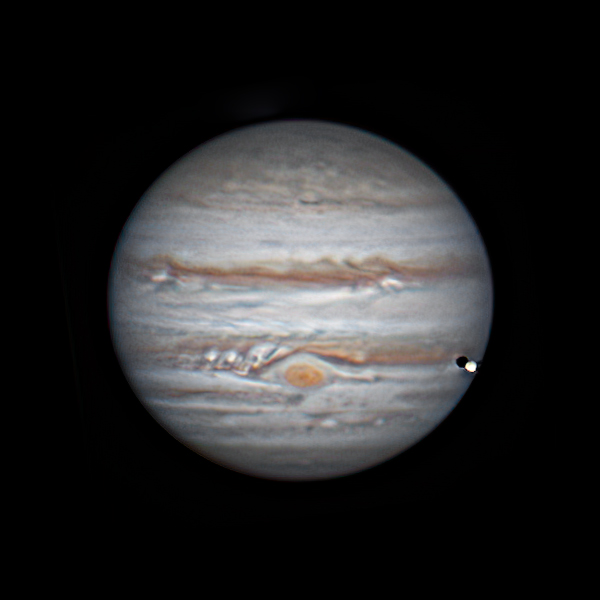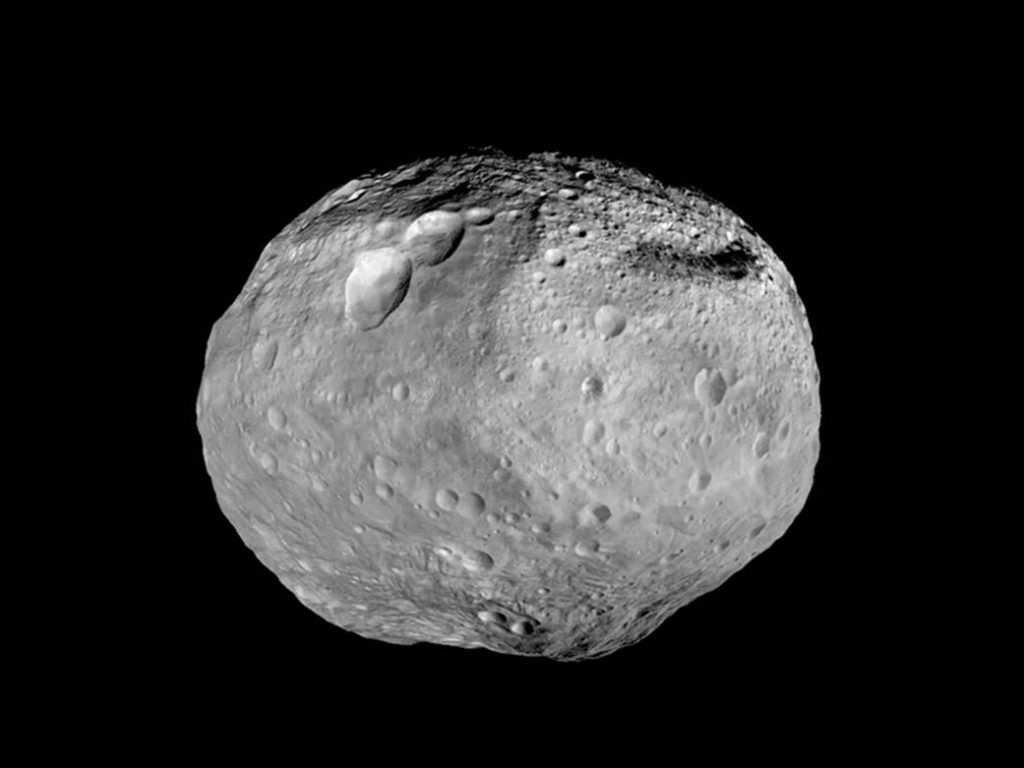June 14
@
8:00 pm
–
10:00 pm
Viewing Location: Kannally Ranch House
- Star Party telescope viewing (8:00 – 10:00pm)
Information: Great dark skies just north of Tucson at Oracle State Park.
3820 E Wildlife Dr., Oracle, AZ 85623
Star Party open to the Public. Admission fees for entrance into Oracle State Park apply.
Tucson Amateur Astronomy Association will have several telescopes for astronomical viewing. We will be observing the Moon + Planets, Nebulae, Galaxies, and Star Clusters.
Great opportunity to look through a wide variety of telescopes. Weather dependent.
For real-time updates, follow this event on the Tucson Amateur Astronomy Association Facebook event page: TAAA Facebook Events page
Also: Check the Oracle State Park website for additional information and activities that day:
Star Party at Oracle State Park | Oracle State Park (azstateparks.com)
Bernie Stinger
612-396-8839
astronomy-events@tucsonastronomy.org
May 31
@
8:00 pm
–
10:00 pm
Star Party – Saguaro National Park – East
3693 S Old Spanish Trail
Tucson, AZ 85730
Great dark skies on the East side of Tucson at Saguaro National Park – East.
Star Party is open to the Public. Event is free but NPS admission fees apply.
The Tucson Amateur Astronomy Association will have several telescopes for astronomical viewing. We will observe Planets, Nebulae, Galaxies, Star Clusters and lots more.
Great opportunity to look through a variety of telescopes.
Weather dependent. For real-time updates, follow this event on the Tucson Amateur Astronomy Association Facebook Events Page: Tucson Amateur Astronomy Association | Facebook
Bernie Stinger
612-396-8839
astronomy-events@tucsonastronomy.org
May 17
@
8:00 pm
–
10:00 pm
Star Party @ Tucson Mountain Park – Juan Santa Cruz Picnic Area
Tucson, AZ (right next to Sonoran Desert Museum)
Viewing Location: Small side loop on East side of main loop.
Information: Great dark skies in Western Tucson. Star Party open to the Public. Cost: FREE.
Tucson Amateur Astronomy Association will have several telescopes for astronomical viewing. We will observe Planets, Nebulae, Galaxies, Star Clusters and lots more. Great opportunity to look through a variety of telescopes. Weather dependent.
For real-time updates, follow this event on the Tucson Amateur Astronomy Association Facebook Events Page: TAAA Facebook Events page
Event is FREE but REGISTRATION IS REQUIRED. Go to this link to register: https://tinyurl.com/MayStargazing
These events may fill up early.
Bernie Stinger
612-396-8839
astronomy-events@tucsonastronomy.org
May 16
@
8:00 pm
–
10:00 pm
Join TAAA and the National Park Service for an evening of stargazing at Tumacacori National Historical Park . Address below.
The Tucson Amateur Astronomy Association (TAAA) will have several telescopes with operators for astronomical viewing in front of the Old Mission.
We will observe Planets, Nebulae, Galaxies, Star Clusters and lots more. Great opportunity to look through a variety of telescopes.
Event is free, no reservations required, but NPS admission fees apply.
Weather dependent, check back here prior to event for possible updates on day of event.
Bernie Stinger
612-396-8839
astronomy-events@tucsonastronomy.org
May 3
@
8:00 pm
–
10:00 pm
Truely dark skies at a scenic location – Picacho Peak State Park
Star Party is open to the Public. Event is free but park admission fees apply.
The Tucson Amateur Astronomy Association will have several telescopes for astronomical viewing.
We will observe Planets, Nebulae, Galaxies, Star Clusters and lots more.
Great opportunity to look through a variety of telescopes at a really dark location.
Weather dependent. For real-time updates, follow this event on the Tucson Amateur Astronomy Association Facebook Events Page: https://www.facebook.com/TucsonAstronomy/events
Bernie Stinger
612-396-8839
astronomy-events@tucsonastronomy.org
April 26
@
7:30 pm
–
9:30 pm
Viewing Location: Kannally Ranch House
- Star Party telescope viewing (7:30 – 9:30pm)
Information: Great dark skies just north of Tucson at Oracle State Park.
3820 E Wildlife Dr., Oracle, AZ 85623
Star Party open to the Public. Admission fees for entrance into Oracle State Park apply.
Tucson Amateur Astronomy Association will have several telescopes for astronomical viewing. We will be observing the Moon + Planets, Nebulae, Galaxies, and Star Clusters.
Great opportunity to look through a wide variety of telescopes. Weather dependent.
For real-time updates, follow this event on the Tucson Amateur Astronomy Association Facebook event page: TAAA Facebook Events page
Also: Check the Oracle State Park website for additional information and activities that day:
Star Party at Oracle State Park | Oracle State Park (azstateparks.com)
Bernie Stinger
612-396-8839
astronomy-events@tucsonastronomy.org
April 25
@
7:30 pm
–
9:30 pm
Star Party – Saguaro National Park – East
3693 S Old Spanish Trail
Tucson, AZ 85730
Great dark skies on the East side of Tucson at Saguaro National Park – East.
Star Party is open to the Public. Event is free but NPS admission fees apply.
The Tucson Amateur Astronomy Association will have several telescopes for astronomical viewing. We will observe Planets, Nebulae, Galaxies, Star Clusters and lots more.
Great opportunity to look through a variety of telescopes.
Weather dependent. For real-time updates, follow this event on the Tucson Amateur Astronomy Association Facebook Events Page: Tucson Amateur Astronomy Association | Facebook
Bernie Stinger
612-396-8839
astronomy-events@tucsonastronomy.org
April 18
@
7:30 pm
–
9:30 pm
Star Party at Catalina State Park – Tucson, AZ
Viewing Location: At the Ringtail Group Area for the Star Party. (Public parking at the Gila Monster Group Area which is a 2-minute walk from the Ringtail Group Area)
Great dark skies just north of Tucson at Catalina State Park.
Star Party open to the Public. Admission fee for entrance into Catalina State Park.
Tucson Amateur Astronomy Association will have approximately 10 telescopes for astronomical viewing.
We will observe Planets, Nebulae, Galaxies, Star Clusters and lots more. Great opportunity to look through a wide variety of telescopes.
Weather dependent. For real-time updates, follow this event on the Tucson Amateur Astronomy Association Facebook Events Page ((4) Tucson Amateur Astronomy Association | Facebook).
Additional details will be posted here and on Facebook as we get closer to the event.
Bernie Stinger
612-396-8839
astronomy-events@tucsonastronomy.org








